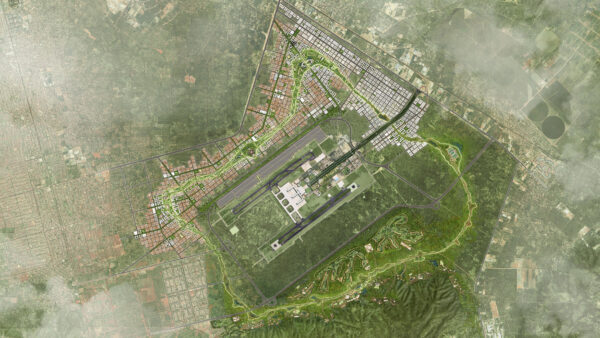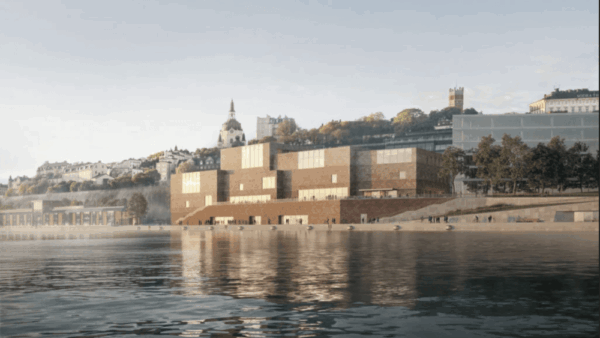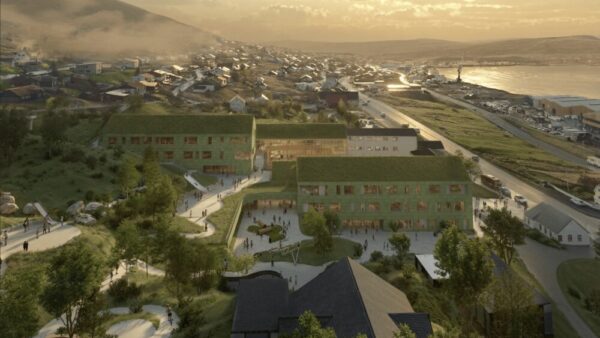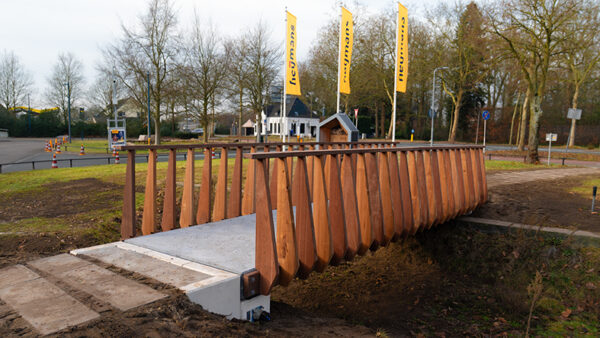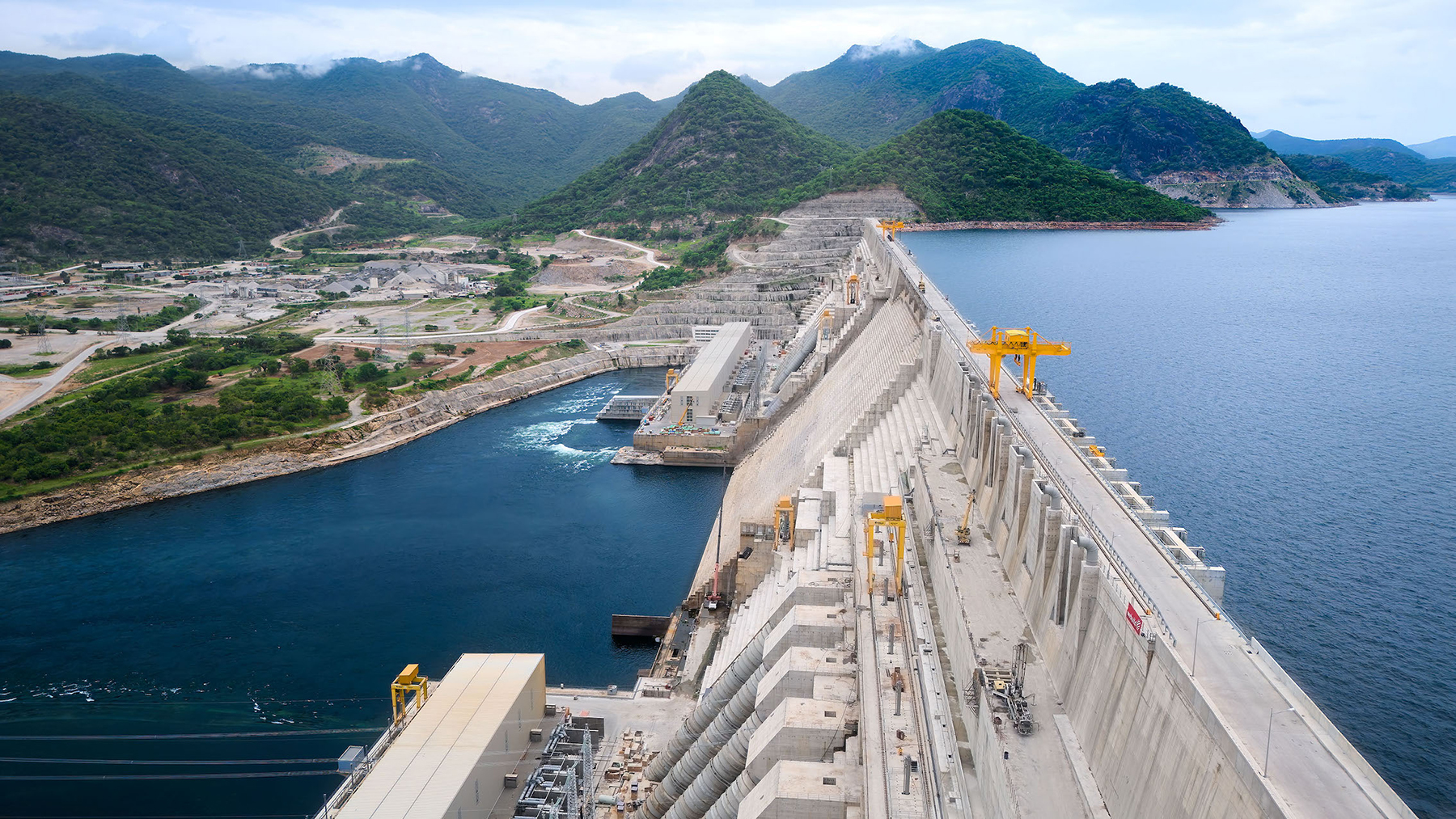
Ethiopian prime minister Abiy Ahmed Ali yesterday inaugurated the country’s Grand Ethiopian Renaissance Dam (GERD), the largest hydropower project ever built in Africa.
Italy’s Webuild began work on it in 2011.
Webuild said the dam has an installed generating capacity of more than 5GW and an expected annual output of 15,700GWh, which the company said was equivalent to three medium-sized nuclear power plants.
It will double electricity generation in Ethiopia, Africa’s second most populous country, and allow it to export electricity to Sudan, Djibouti, Tanzania, and Yemen.
Its reservoir is 172km long, and can hold 74 billion cum of water.
The main dam is 170m high and 1,800m long, with a volume of 10.7 million cum of concrete, which Webuild says is the largest roller-compacted concrete gravity dam ever built in Africa.
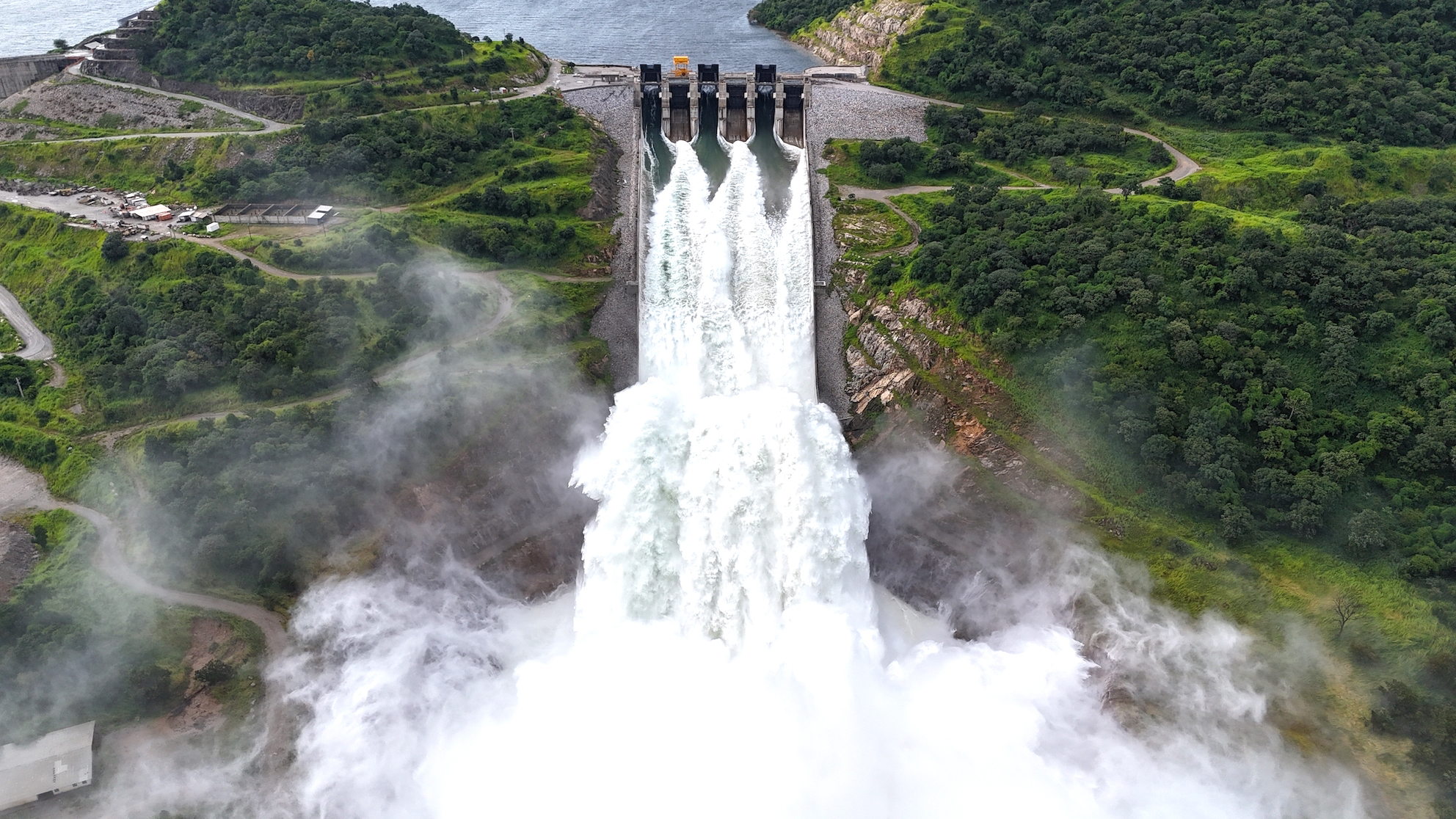
More than 25,000 people, mostly Ethiopians, worked on the project, Webuild said.
Over the years, a new town has grown up at the site with a hospital, school and sports facilities.
Egypt is wary
The GERD is fed by the Blue Nile, a tributary of the Nile, which Egypt relies on for water.
Since 2011, the GERD has been a source of serious tension between the two countries because Egypt fears it will hamper its water supply.
Various efforts to mediate between the two countries, including an effort by the White House during Donald Trump’s first term, have yielded no results.
Egypt’s minister of foreign affairs, Badr Abdelatty, yesterday called Ethiopia’s unilateral construction and filling of the GERD “illegal” under international law, noting that Ethiopia moved forward “without a prior agreement with the downstream countries”.
He said Egypt reserved all rights under international law to defend its water interests if they are harmed.
- Subscribe here to get stories about construction around the world in your inbox three times a week

